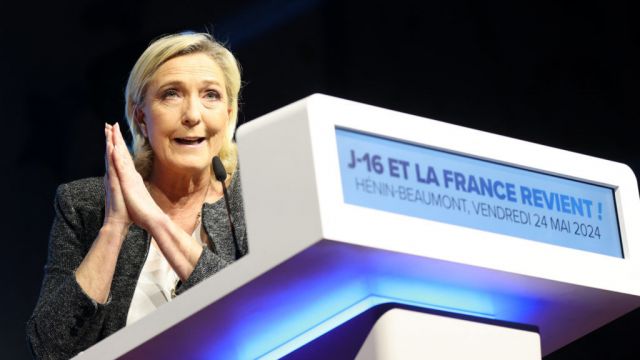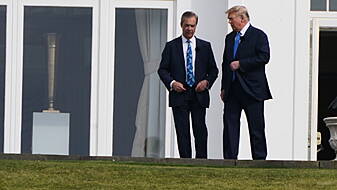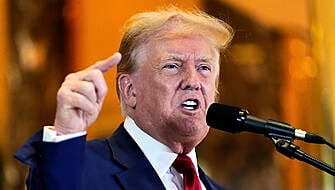Marine Le Pen's far-right National Rally (RN) party scored historic gains to win the first round of France's parliamentary election on Sunday, exit polls showed, but the final result will depend on days of horsetrading before next week's run-off.
The RN was seen winning around 34 per cent of the vote, exit polls from Ipsos, Ifop, OpinionWay and Elabe showed, in a huge setback for French president Emmanuel Macron who had called the snap election after his ticket was trounced by the RN in European Parliament elections earlier this month.
Here's how the second round of France's parliamentary election on July 7th will work and the possible scenarios...
How does it work?
Elections for the 577 seats in France's National Assembly are a two-round process.
In constituencies where no candidate won outright in the first round, the top two candidates, as well as any candidate with more than 12.5 per cent of the total number of registered voters in that constituency, move to a second round.
Whoever gets the most votes in the second round wins the seat.
The high turnout on Sunday means some 300 constituencies are now facing potential three-way run-offs which, in theory, favour the RN.
To prevent these three-way run-offs and block the RN, France's centre-right and centre-left politicians have long practised what they call a "republican front", whereby the third-placed candidate drops out of the race and urges voters to rally behind the second-placed candidate.
All candidates through to the run-off have until Tuesday evening to decide whether to stand down or run in the second round.
How is it currently looking?
Many political leaders gave guidance to candidates and voters on Sunday evening.
Macron urged a "wide-ranging rally behind republican and democratic" candidates for the second round, effectively guiding against both the far-right National Rally and the hard-left France Unbowed (LFI) party.
His former prime minister, Edouard Philippe, explicitly called on the candidates from his party to drop out if they were in third position and rally behind candidates from the centre-left to the centre-right, excluding the RN and LFI.
On the left, the Socialist and LFI leaders also called on their third-placed candidates to drop out to block the RN.
The conservative Republicans party, which split ahead of the vote with a small number of its lawmakers joining forces with the RN, has yet to take a stance.
What will happen now?
The effectiveness of the "republican front" has weakened over the years, and many voters no longer heed the advice of party leaders.
It is also possible that candidates will refuse to drop out despite guidance from political HQs in Paris.
But talks over the next 48 hours will be crucial and could swing the results significantly, potentially deciding whether the RN reaches an outright majority in parliament or not.
That makes the result of the second round extraordinarily hard to predict. Even pollsters have urged caution on their own seat projections.
-Reuters







